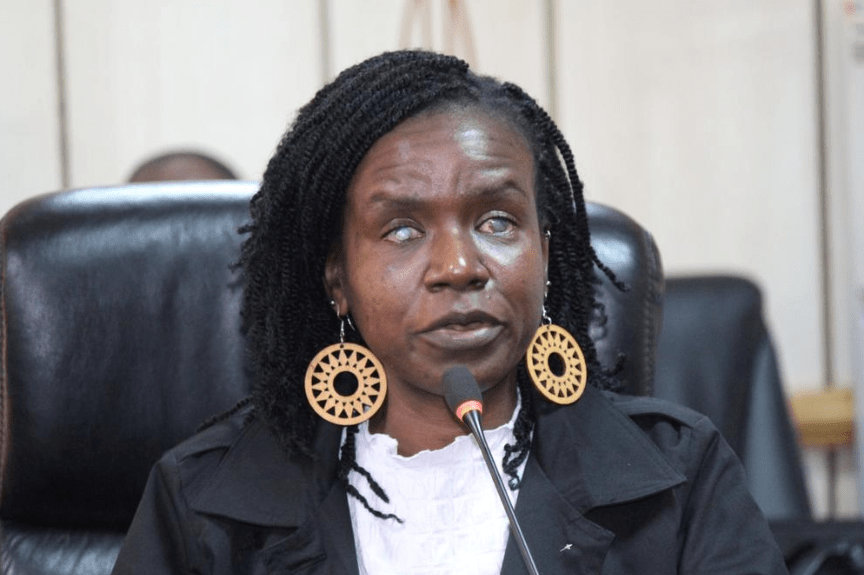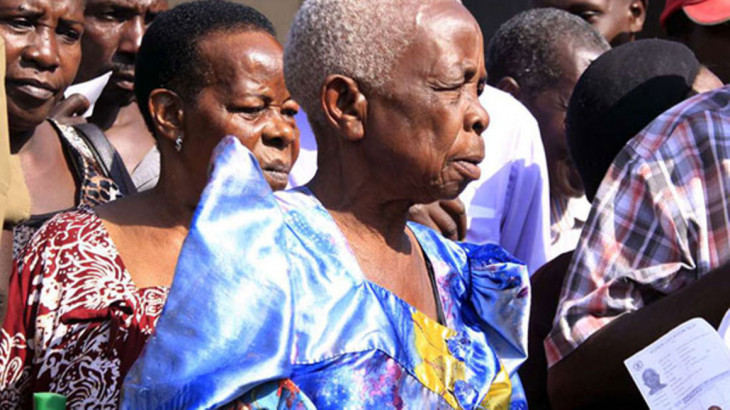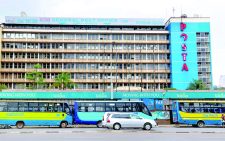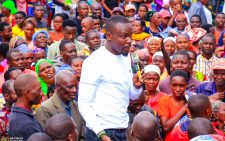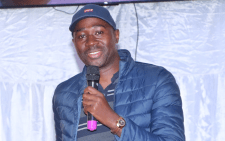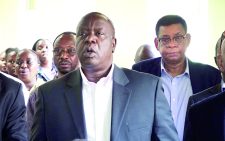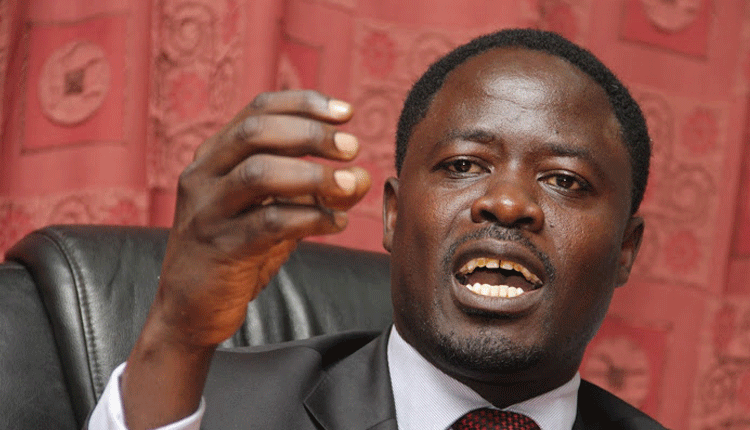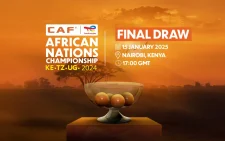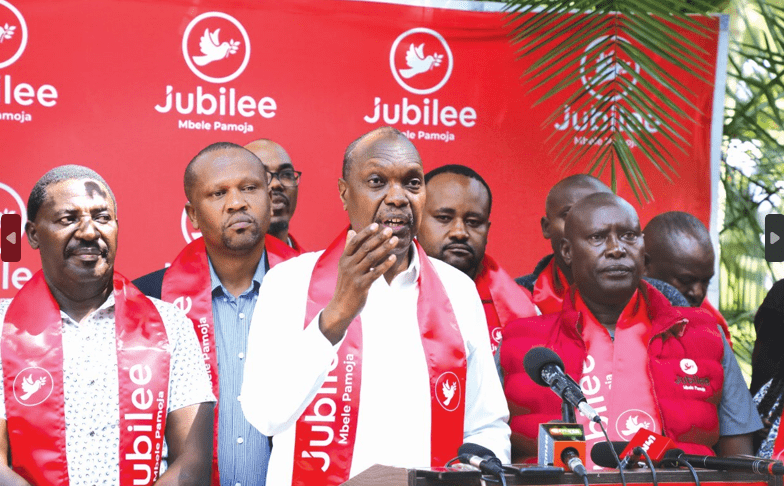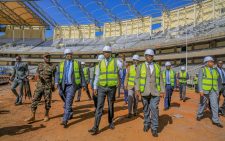Raila has what it takes to enhance political inclusion
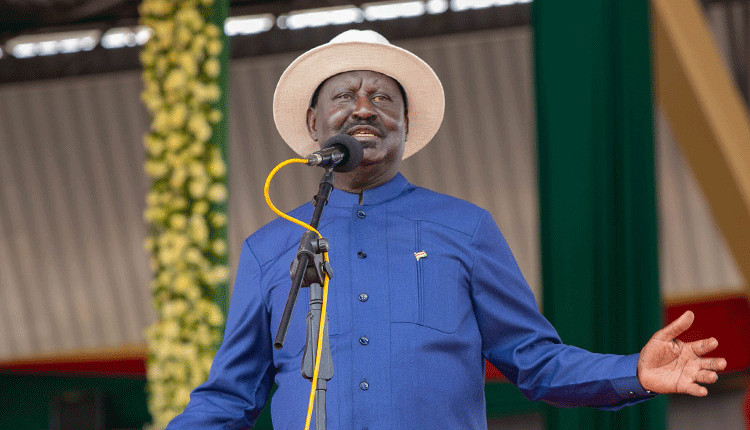
By Selina Chiteri
Political inclusion is one of the key ingredients of strong democracies.
As a constitutional principle, it enhances nation building, equality and good governance and is a forerunner of political, economic and regional development.
It contributes to balanced regional development and resource allocation. It is important that leaders understand the importance of political inclusion in promoting equal opportunities for all.
To get to a place where everyone feels they belong, it requires one who has walked the talk and fought the war in enhancing inclusion. Former Prime Minister Raila Odinga easily comes to mind. He seems to understand the concept in its entirety.
Raila has journeyed in the country’s political waters and has been vocal in ending political exclusion.
For decades, the former premier has always envisioned a united nation, built inclusion of different groups, ethnicities and religions as he understands the depth and breadth when it comes to restructuring and revitalising a country to economic and social development.
Political inclusion is always entrenched in his campaign promises and is currently factored in his Azimio La Umoja campaign strategy, having fought for and experienced the impact and benefits of political inclusion.
Raila fought for multiparty democracy at a time when Kenya was under dictatorship. This led to him being jailed, tortured and exiled but eventually there was increased representation on divergent political views in Kenya’ political space.
Slightly over ten years later, Raila was among the frontrunners in the campaigns to the promulgation of the 2010 Constitution which has played a major role in enhancing political inclusion of all ethnicities and groups. Key to this was the devolved system of governance that has ultimately served to ensure political inclusion of previously excluded opportunities through various institutional mechanisms ensuring that sub-national political units attain a level of political and financial power.
Political inclusion of women and youth in politics is among Raila’s key targets in leadership. As a leader, he has always emphasised on his support on women and youth encouraging them to seek elective seats and appointments in positions of power. Recently, Raila urged women in Narok to shun retrogressive cultural beliefs that have marginalised them for years in seeking leadership positions.
Raila recognises that Kenya is the only country in the East Africa region yet to attain the minimum threshold of women in government despite being a political and economic power. Even on a personal level, Raila has been very supportive of his wife Ida of whom he credits for his political survival.
Among the youth, Raila has not only vouched for inclusion in politics but also mentored countless leaders to be youth leaders who have grown immensely in their political space and able to influence policy making and implementation on societal matters.
Political inclusion is a solution to unbalanced regional development, resource allocation, nepotism, deep animosity and suspicion as well an avenue for unheard voices to be heard in various capacities including policy formulation and implementation.
It is a matter of offering equal opportunities for all regardless of gender, tribe or religion and this includes Persons With Disabilities, who have for years suffered as a result of systemic exclusion.
Raila has always agitated for equal opportunities to everyone regardless of their physical status and has on numerous occasions met and encouraged the physically challenged not to shy away from seeking leadership opportunities as this is their channel to influence decision making that caters for their needs and rights.
Organisations such as the Westminster Foundation for Democracy have also identified skills and qualities identifiable on leaders in support of leadership for inclusion. Some of the attributes include a collaborator who recognises a sense of shared responsibility, a strategic thinker – able to utilise and unify contributions from different stakeholders, relationship builder and a leader who is open to learning.
These are qualities that are identifiable in Raila and if, as a country we want to better enhance political inclusion, he passes the test in enhancing equity, fairness and peaceful coexistence.

